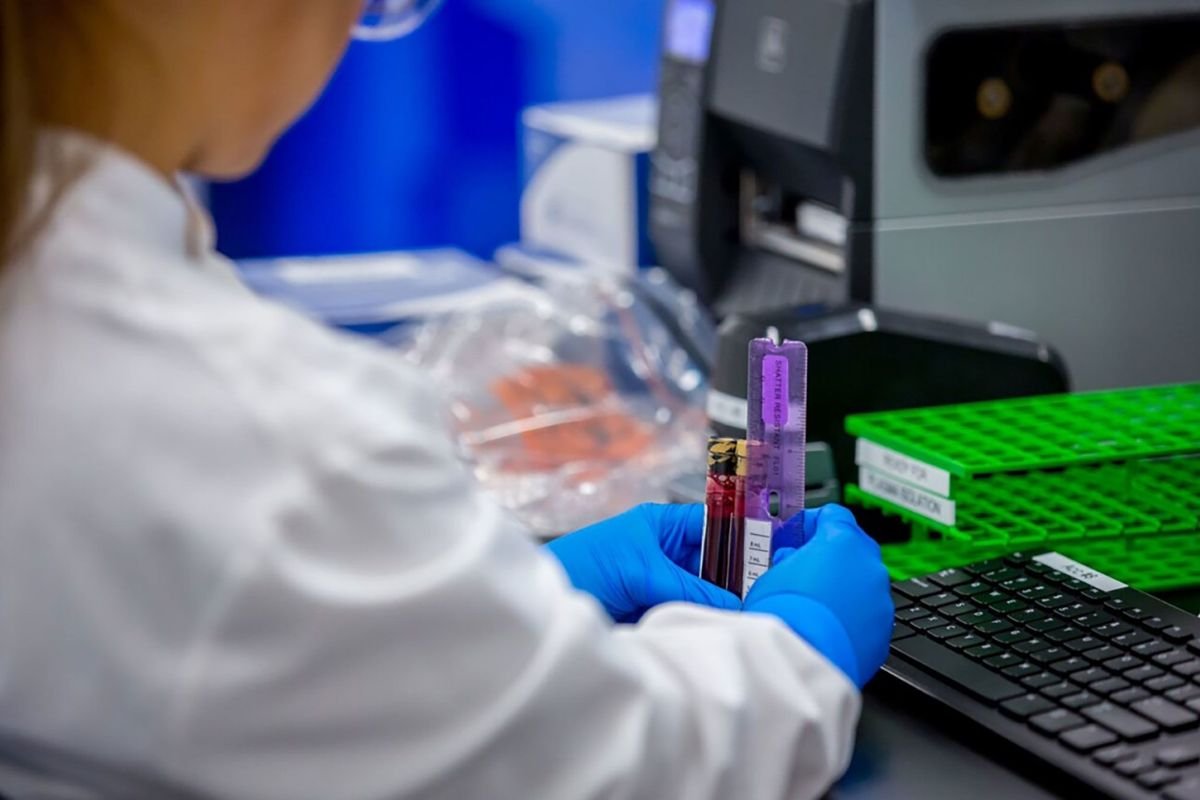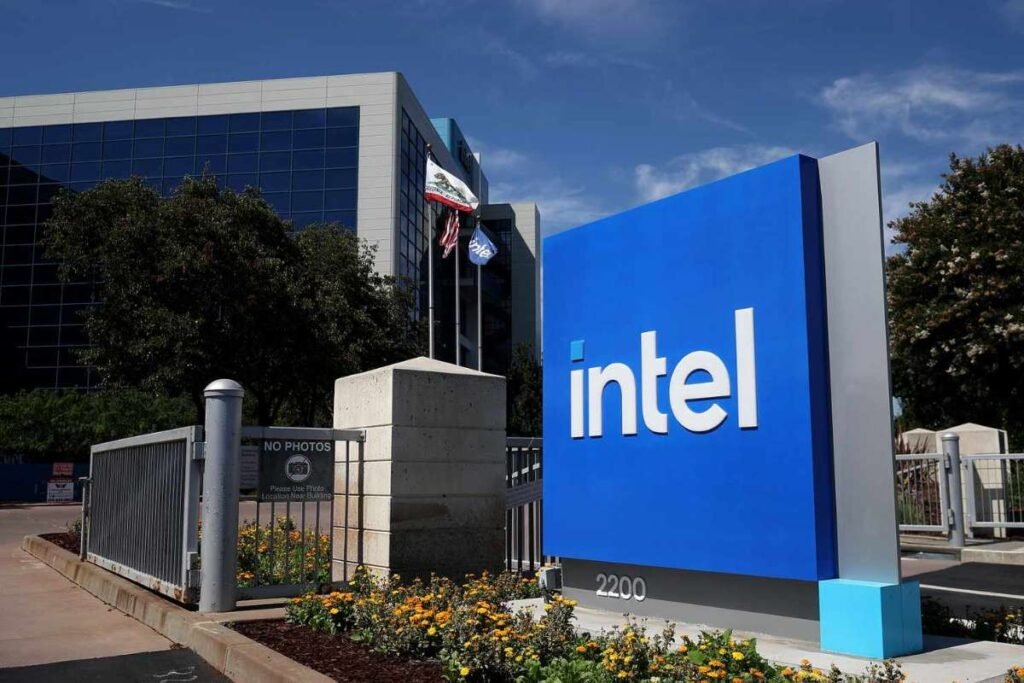Source – CNN
A committee of experts advising the Food and Drug Administration (FDA) overwhelmingly voted in favor of a new blood test designed to screen individuals for colon and rectal cancers. Despite acknowledging certain limitations, the committee concluded that the test, known as Shield and manufactured by Guardant Health, was both safe and effective, with its benefits outweighing potential risks.
Addressing Low Screening Rates
The committee’s endorsement of the blood test comes in response to alarmingly low screening rates for colon and rectal cancers in the United States. With approximately 150,000 new diagnoses and an estimated 53,000 deaths attributed to these cancers annually, effective screening methods are critical for early detection and treatment. Currently, most screenings involve invasive procedures like colonoscopies or fecal tests, which may deter individuals from undergoing regular screening.
Convenience vs. Accuracy
Unlike traditional screening methods, the Shield blood test offers convenience for individuals with an average risk of colon and rectal cancer. With no need for extensive preparation, fasting, or anesthesia, the blood test presents a more accessible option for screening. However, experts caution that its accuracy falls short compared to colonoscopies, particularly in detecting precancerous growths that could be removed to prevent cancer development.
Balancing Risks and Benefits
While the blood test may miss certain precancerous growths, its potential to increase screening rates among individuals who would otherwise avoid traditional methods is seen as a significant benefit. The FDA committee weighed the risk of the blood test overlooking dangerous polyps against the likelihood of expanding screening accessibility and concluded that any form of screening is preferable to none at all.
Looking Ahead
If approved by the FDA, the Guardant Health blood test could revolutionize colon and rectal cancer screening by offering a convenient alternative for individuals at average risk. While acknowledging its limitations, proponents argue that increasing screening rates could ultimately save lives by facilitating earlier detection and treatment. As the FDA evaluates the test for approval, the hope is that it will provide a valuable tool in the ongoing battle against colorectal cancer.










